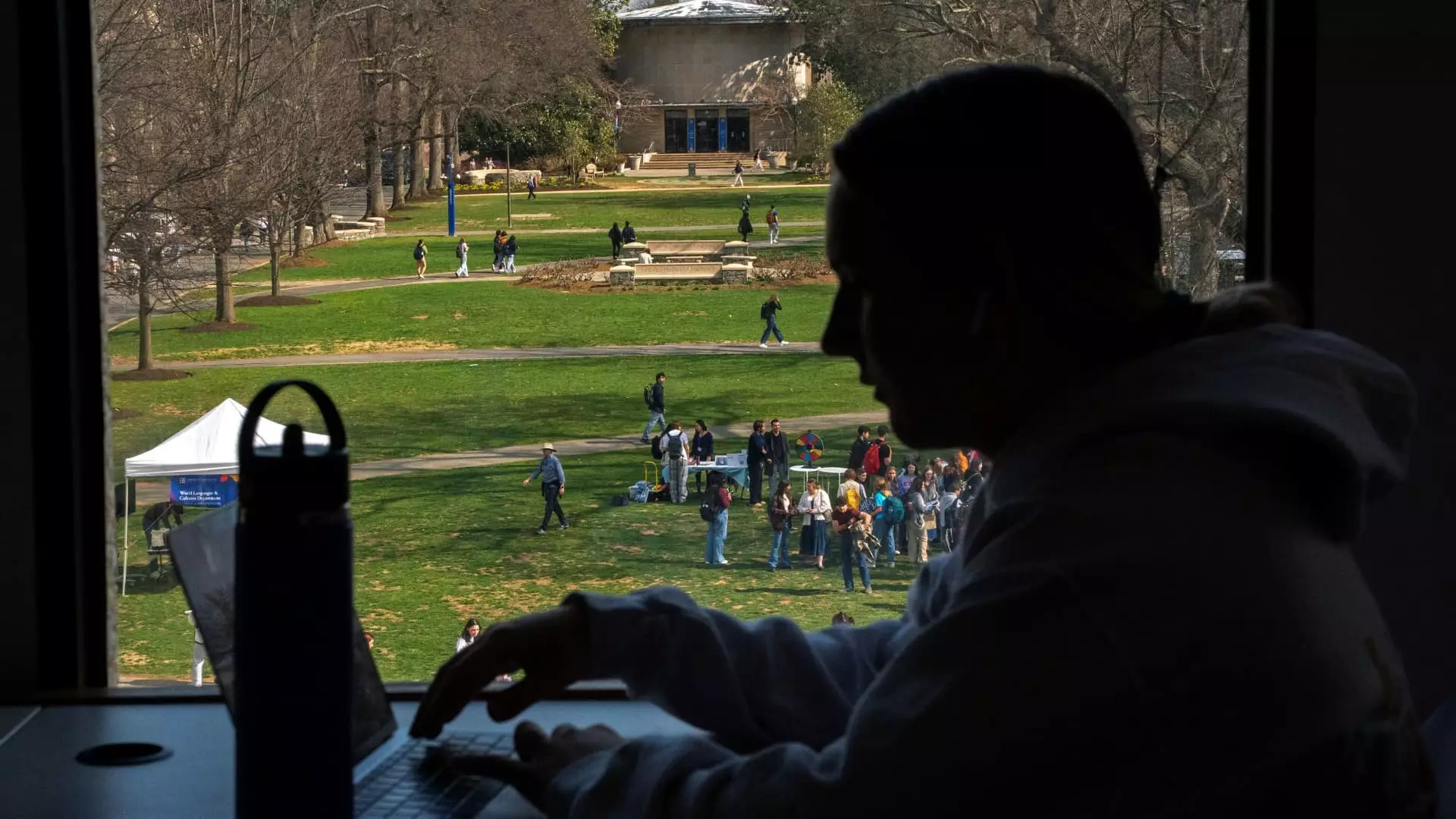The recent move by the Trump administration to curtail the Public Service Loan Forgiveness (PSLF) program signals a disheartening shift in the federal government’s approach to supporting those committed to public service. While the intent behind PSLF—encouraging careers in education, healthcare, government, and non-profit work—is laudable and rooted in bipartisan support, the proposed regulatory changes threaten the very foundation of fair access and equitable opportunity. This effort to redefine eligibility based on nebulous criteria of national security or organizational legality risks undermining decades of progress in making public service careers accessible to all, regardless of political or ideological views.
This policy change reveals an alarming tendency to politicize borrower support programs, weaponizing eligibility standards to serve the administration’s shifting ideological goals rather than the broader public interest. The vague language used to justify these restrictions allows for broad discretion—potentially targeting organizations that advocate for marginalized communities, support immigrant rights, or promote social justice. Such overreach not only weakens the integrity of the PSLF but also discourages dedicated public servants who choose to work in organizations that challenge status quo narratives, creating a chilling environment of self-censorship and uncertainty.
A Tool for Justice or a Weapon of Disenfranchisement?
The PSLF program was enacted with bipartisan backing to recognize the essential contributions of those working in public service. It functions as a powerful incentive that helps alleviate the crushing burden of student debt for many committed individuals. By promising loan forgiveness after a decade of public service, it fosters social mobility and encourages a diverse array of future leaders to pursue careers in sectors vital to a thriving democracy.
However, under the current proposed regulatory changes, this valuable safety net risks becoming a tool for partisan favoritism. The ambiguity surrounding how organizations are deemed ineligible might allow the government to target institutions that serve vulnerable populations—such as undocumented immigrants or transgender individuals—who are often seen as politically inconvenient. This subtle, yet dangerous, rollback of rights could silence voices that are essential for a truly democratic society, and it threatens to create a postcode lottery in access to public service opportunities.
Throughout history, policies that appear neutral often mask deeper biases—favoring certain institutions while sidelining others based on ideological grounds. The potential for this rule change to be misused in a similar fashion raises fundamental questions about fairness, social justice, and the core values that should guide national policy.
Legal Challenges and the Future of Borrowers
While critics predict that these regulatory modifications might be challenged in courts as overreaching or unconstitutional, the uncertainty remains a heavy cloud hanging over current and future borrowers. Many individuals who have dedicated their careers to serving society now face the precarious situation of whether their work will count toward loan forgiveness. Although the rules state that past service remains valid, the possibility that future modifications could retroactively deny benefits to some workers is profoundly troubling.
For those currently committed to public service careers, the best course of action may be to persevere under existing eligibility criteria, though this strategy is rooted more in hope than certainty. Meanwhile, the backlog of over 72,000 pending PSLF claims underscores the systemic issues within the program, from bureaucratic inefficiencies to the unpredictable impact of policy changes. It’s an additional reminder that, despite its noble goals, the system itself often fails those it intends to serve, especially when political winds shift.
The broader implications of these proposed restrictions reach beyond individual borrowers; they threaten to weaken the social fabric by discouraging passionate individuals from pursuing careers that serve the public good. If access becomes contingent upon political alignment or organizational approval, then the promise of equitable opportunity—long a pillar of progressive policy—becomes an illusion. The very foundation of merit-based service risks being eroded, leading to a more divided and less inclusive society.
Ultimately, the attempted hostility toward the PSLF program underscores a disconcerting tendency in American politics: the weaponization of social programs to serve partisan ends instead of advancing social justice. Students and workers alike deserve policies that bolster their capacity to contribute meaningfully to society—free from the threat of ideological reprisals. The upcoming battles over these regulations will reveal whether the nation truly values Public Service or only cherry-picks who qualifies to serve it.

